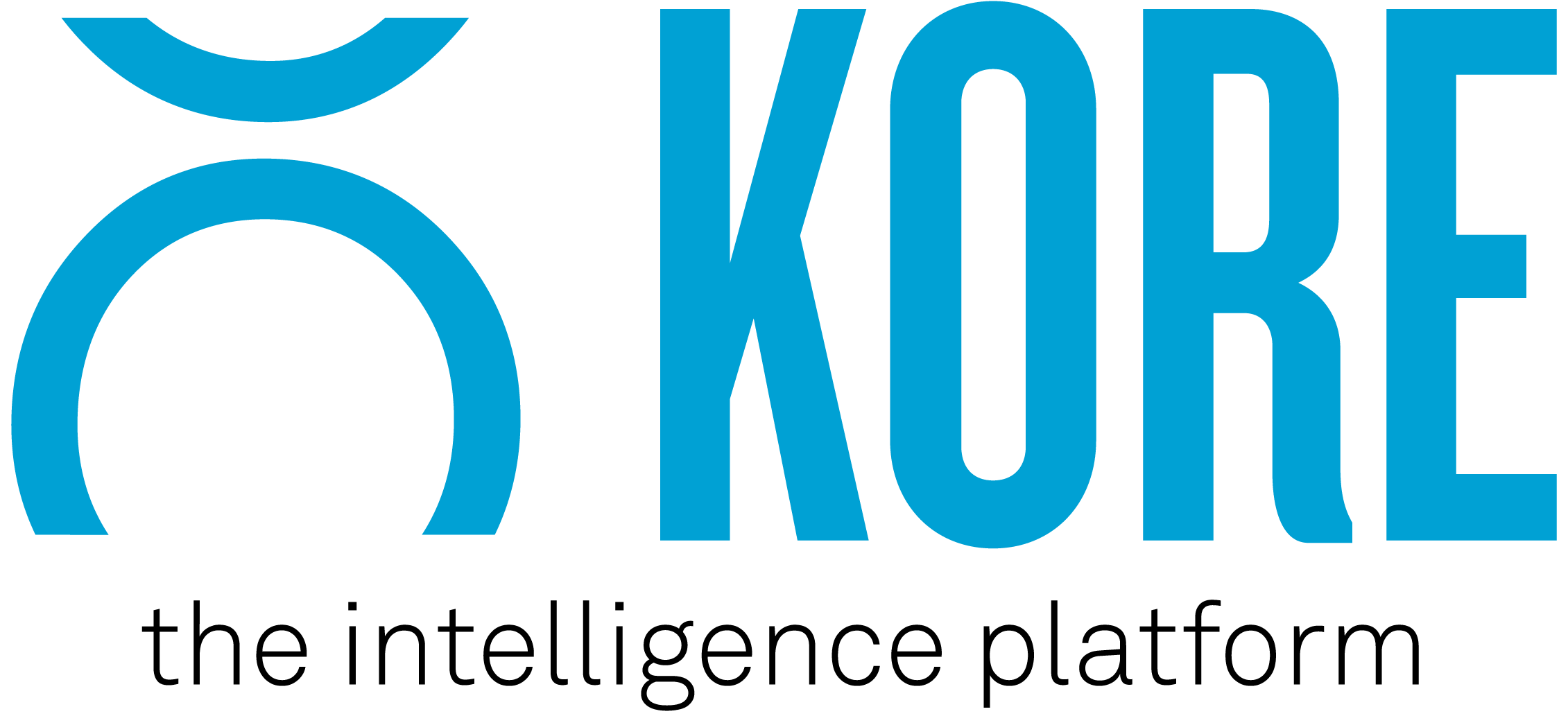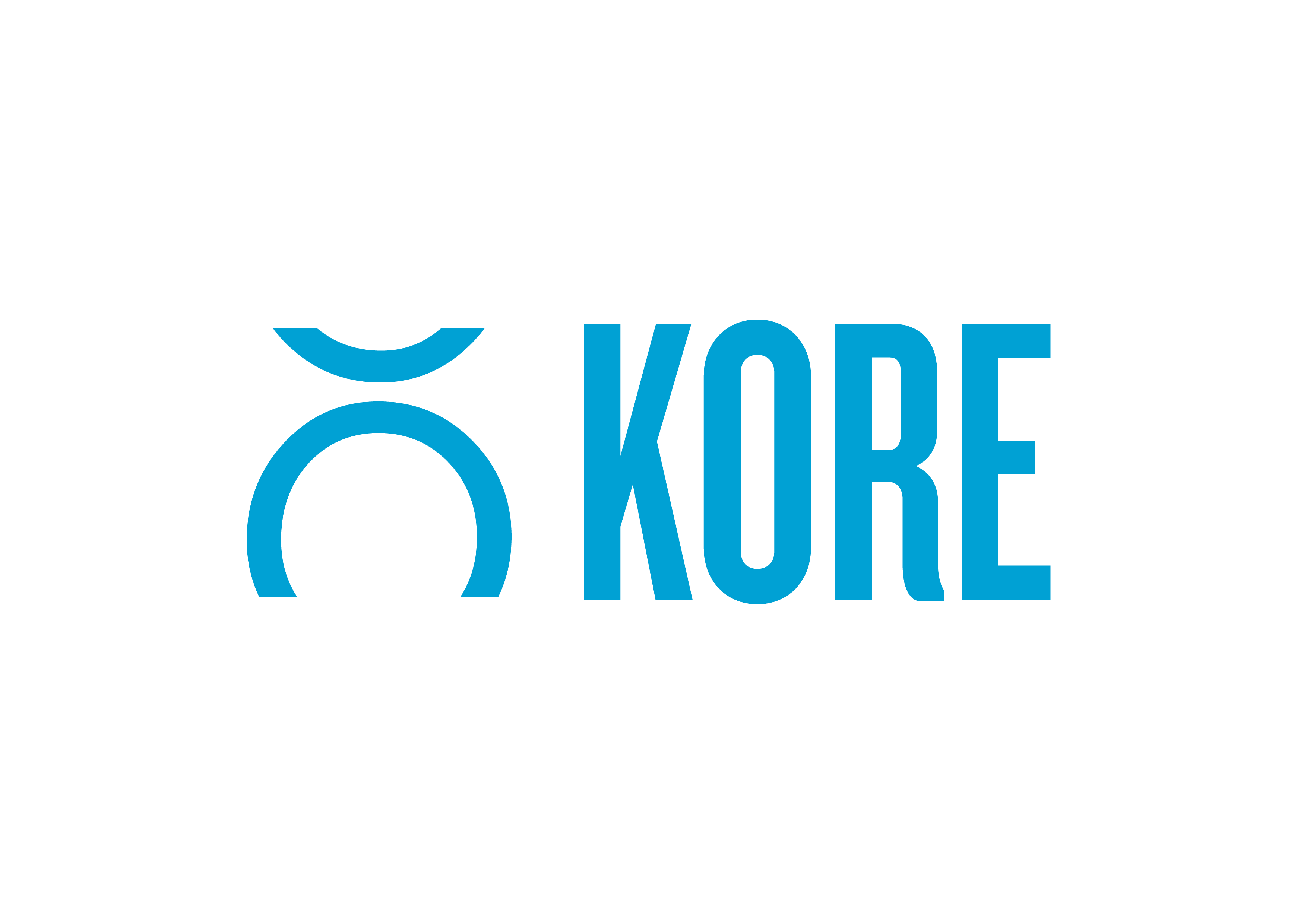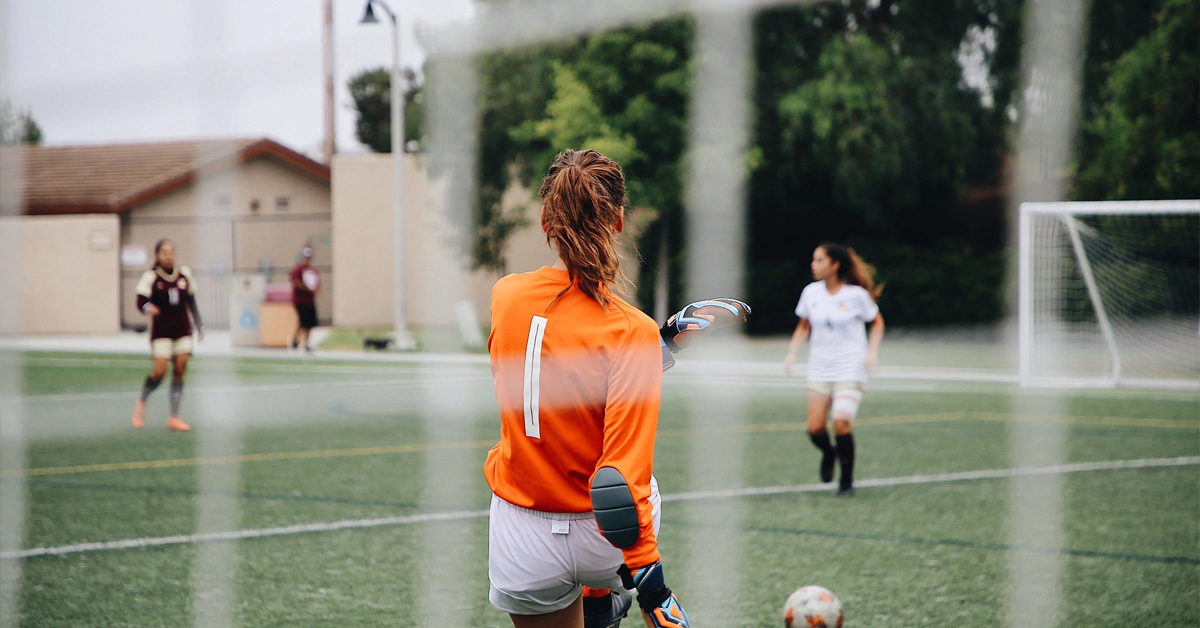How companies, athletic departments, and athletes are getting ready to take advantage of the new rules.
Across the many different NCAA sports and divisions, there are currently over 480,000 college athletes. The NCAA touts the benefits it provides these athletes, which include increased graduation rates and athletic scholarships. But only 1% of college athletes have a coveted “full-ride” scholarship that pays for many expenses beyond tuition alone.
Until now, NCAA rules have prevented each student-athlete from monetizing their own name, image, and likeness (NIL). This was part of the NCAA’s efforts to keep a level playing field across its member schools. But recently, some state legislatures have passed laws to ensure student-athletes can benefit from NIL rights. As a result, the NCAA Board of Governors is revising the organization’s rules and changes will begin taking effect in the near future.
But how will student-athletes take advantage of the new NIL rules? Some universities are stepping up to help, such as Duquesne University who recently hired a Personal Brand Coach to prepare students. There are also several companies well-positioned to bring student-athletes into the “creator economy”. Student-athletes are natural influencers, after all—their images are literally posted all over campuses.
Curastory is a media company launched in 2019 by former student-athlete Tiffany Kelly. It provides tools to create and edit sports video content, then helps creators monetize it by matching them with brand sponsors. Advertisers and content creators have direct control over their partnerships, unlike the ads shown on sites like YouTube.
Opendorse provides several tools to help athletes manage their brand value and endorsement deals. With nearly a decade of experience, they’re ready to help student-athletes profit from their NIL rights while taking the steps necessary to safeguard their NCAA eligibility.
INFLCR was founded in 2017 to give student-athletes, coaches, and staff real-time access to photos, graphics, and video content produced by their universities. Their new INFLCR Verified tool helps compliance teams track and manage an athlete’s NIL rights. In 2019, their founder said, “More than 80 percent of the athletes’ social audience is fans and prospective recruits—and a large percentage of those are not following the team accounts because people are much more likely to follow people on social media than they are to follow brands.”
Cameo is a marketplace where consumers can purchase brief personalized videos from a wide variety of celebrities. For example, you could request a video wishing your friend a happy birthday from one of their favorite baseball players. The platform has the backing of several major investors and could be a great way for student-athletes to earn money while building stronger connections with fans.
Of course, this is only a small handful of the options that will soon be available to student-athletes. As we get more clarity on the upcoming new rules, even more opportunities to take advantage of valuable NIL rights will become available. We look forward to seeing creative new ideas in this space!




